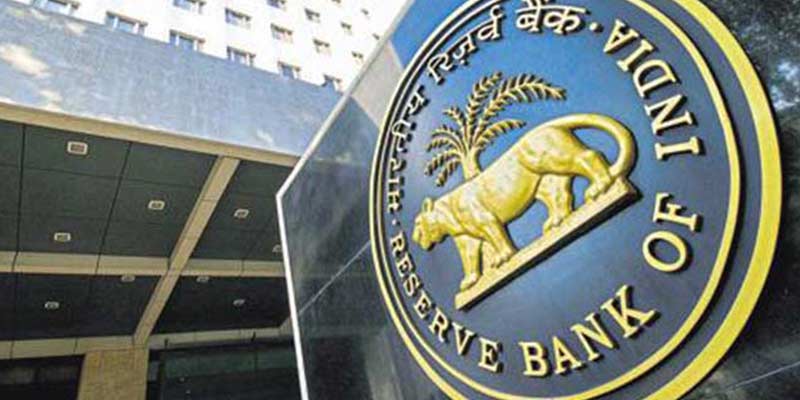- India
- Jun 15
Explainer - Sovereign Gold Bond scheme
The government has decided to issue two tranches of Sovereign Gold Bonds (SGBs) during the first half of the current financial year.
The date for subscription for 2023-24 Series I is June 19-23, while for Series II is September 11-15.
The SGBs will be sold through scheduled commercial banks (except Small Finance Banks, Payment Banks and Regional Rural Banks), Stock Holding Corporation of India Limited (SHCIL), Clearing Corporation of India Limited (CCIL), designated post offices, and recognised stock exchanges — National Stock Exchange of India Limited and Bombay Stock Exchange Limited.
Sovereign Gold Bond scheme
• The Sovereign Gold Bond (SGB) scheme was launched by the government in November 2015, under the Gold Monetisation Scheme.
• It was introduced with the objective to reduce the demand for physical gold and shift a part of the domestic savings — used for the purchase of gold — into financial savings.
• SGBs are government securities denominated in grams of gold. They are substitutes for holding physical gold.
• Investors have to pay the issue price in cash and the bonds will be redeemed in cash on maturity.
• The bond is issued by the Reserve Bank on behalf of the government of India.
• RBI notifies the terms and conditions for the scheme from time to time.
• The bonds are issued in denominations of one gram of gold and in multiples thereof. Minimum investment in the bond shall be one gram with a maximum limit of subscription of 4 kg for individuals, 4 kg for Hindu Undivided Family (HUF) and 20 kg for trusts and similar entities notified by the government from time to time per financial year.
• The bonds can be used as collateral for loans.
What are the benefits of the scheme?
• The quantity of gold for which the investor pays is protected, since he/she receives the ongoing market price at the time of redemption/premature redemption.
• The SGB offers a superior alternative to holding gold in physical form.
• The risks and costs of storage are eliminated. Investors are assured of the market value of gold at the time of maturity and periodical interest.
• SGB is free from issues like making charges and purity in the case of gold in jewellery form.
• There may be a risk of capital loss if the market price of gold declines. However, the investor does not lose in terms of the units of gold which he/she has paid for.
• Though the tenor of the bond is eight years, early encashment/redemption of the bond is allowed after the fifth year from the date of issue on coupon payment dates.
Who are eligible to invest in SGBs?
• Persons resident in India as defined under Foreign Exchange Management Act, 1999 are eligible to invest in SGB.
• Eligible investors include individuals, Hindu Undivided Families (HUFs), trusts, universities and charitable institutions. Individual investors with subsequent change in residential status from resident to non-resident may continue to hold SGB till early redemption/maturity.
Manorama Yearbook app is now available on Google Play Store and iOS App Store

